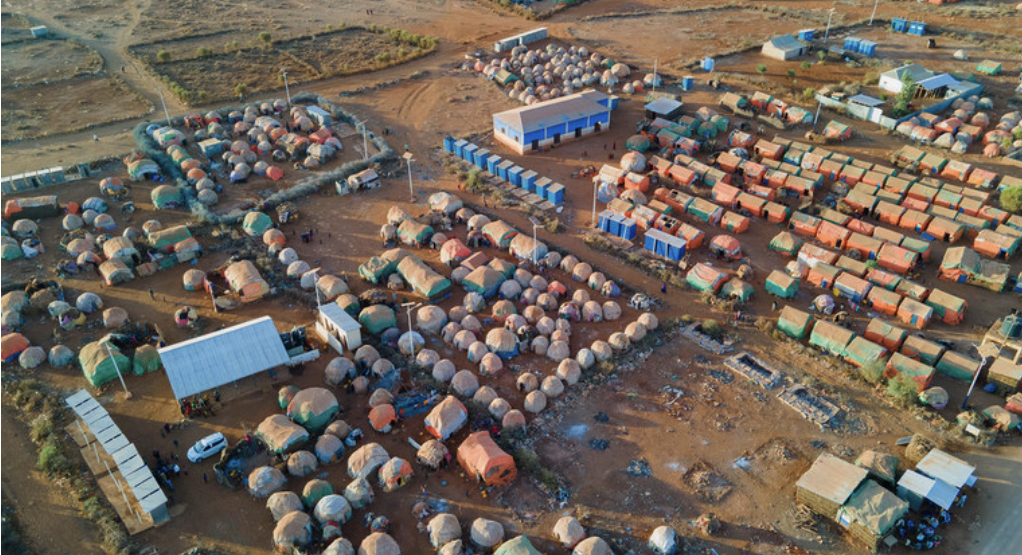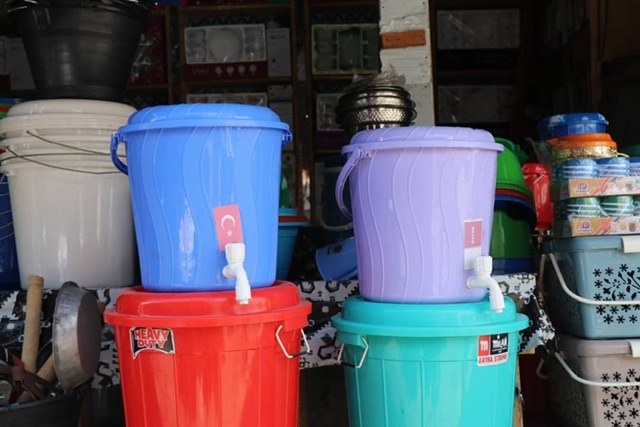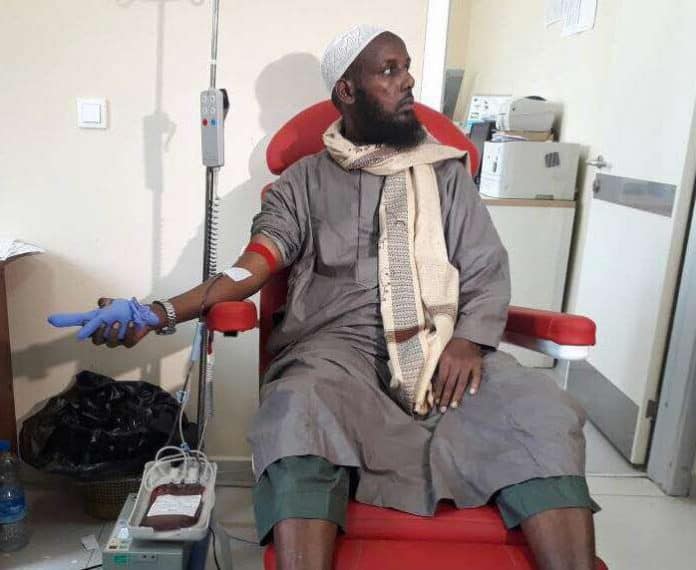The UN has been closely supporting the Somali people since the birth of the Republic in 1960. Currently, the UN’s various mandates are implemented through 26 Agencies, Funds and Programmes (both resident and non-resident), a political mission (the UN Assistance Mission to Somalia, UNSOM) and a logistical support mission (the UN Support Mission to Somalia, UNSOS)…
At the height of the COVID-19 pandemic, the UN marshalled support to help the Somali government respond to the virus outbreak. We continue to support the Somali authorities in seeking to defeat this pandemic and encouraging people to get vaccinated.

Elections are also on-going in Somalia. The UN is supporting the process to ensure that they are held in a peaceful and transparent manner, while at the same time advocating for a 30 per cent quota of women in the Somali legislature.
Long-standing challenges
While these are encouraging signs of progress, we must not forget Somalia’s long-standing challenges. According to UN’s projections for next year, an estimated 7.7 million Somalis (nearly half of the country’s population) will require humanitarian assistance and protection, and women and children continue to bear the brunt of Somalia’s complex humanitarian crises, especially among the internally displaced communities.
In light of the current serious droughts, the Somali government declared a humanitarian state of emergency on 23 November. Nevertheless, neither the government nor the humanitarian community has adequate resources to respond. With one month remaining in the year, the 2021 Humanitarian Response Plan, which seeks US$1.09 billion, remains only 70 per cent funded.
Additional resources are urgently needed to prevent an already dire humanitarian situation from becoming a catastrophe, so we continue to engage partners on this subject. In this regard, I undertook missions to Europe in October and to the Gulf in September.
We must not fail the people’
On a positive note, as part of the efforts to mitigate the climate emergency, the government, with the support of the United Nations, have recently adopted an ambitious Nationally Determined Contribution to achieve global climate targets, with Somalia committing to reduce its greenhouse gas emissions by 30 per cent by 2030.
Somalia’s crises are multifaceted, and they require comprehensive solutions from all stakeholders. It is our collective responsibility to support the efforts of the Somali people to cope with these crises and find lasting solutions that build resilience against future shocks. We must not fail the people we pledged to serve.”




